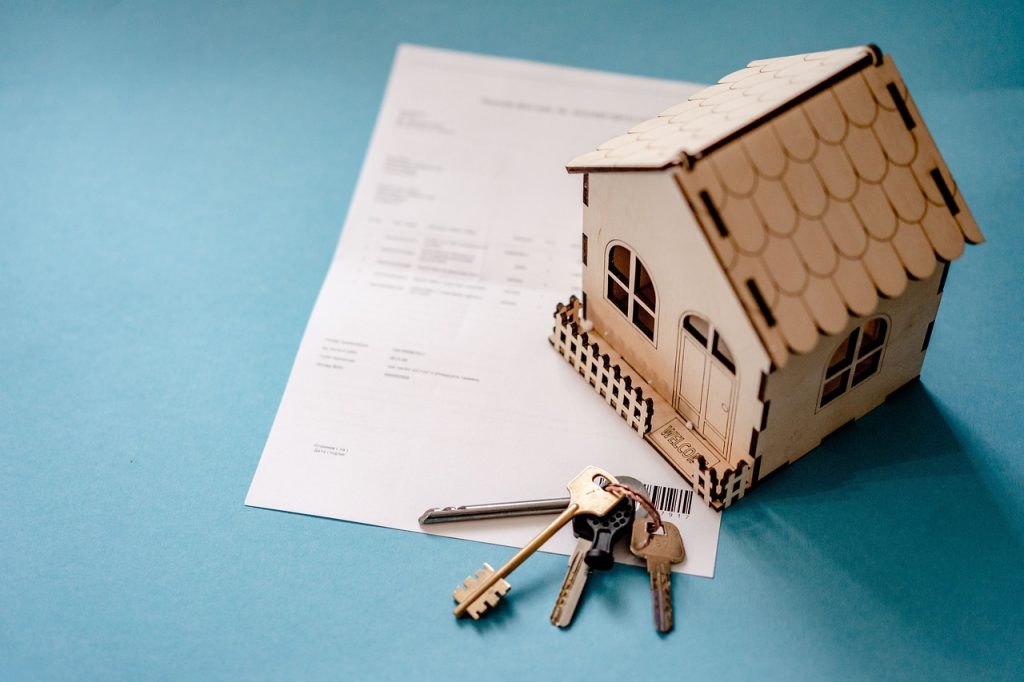
Image Source: pixabay.com
For generations, owning a home has symbolized the American Dream—financial stability, personal achievement, and a place to call your own. But in today’s rapidly changing economic landscape, many are questioning whether this traditional milestone still makes sense. Rising home prices, shifting work arrangements, and evolving lifestyle preferences have prompted a reevaluation of homeownership as the ultimate financial goal. This article explores whether buying a home remains a wise investment or if alternative paths might better serve your financial future.
1. The Changing Economics of Homeownership
The financial equation of buying versus renting has become increasingly complex in recent years. Home prices in many markets have outpaced wage growth, increasing the entry barrier for first-time buyers. The traditional wisdom that mortgage payments build equity while rent is “throwing money away” oversimplifies a multifaceted financial decision that depends on numerous personal factors. Property taxes, maintenance costs, and insurance create significant ongoing expenses that renters don’t directly face. The opportunity cost of tying up substantial capital in a single, relatively illiquid asset can limit other investment opportunities that might generate higher returns. Recent research suggests that in many high-cost areas, renting and investing the difference can actually outperform homeownership in terms of wealth building over time.
2. Flexibility in an Uncertain World
The pandemic dramatically reshaped how we think about where and how we live and work. Remote work options have freed many professionals from geographic constraints, allowing them to choose locations based on lifestyle rather than proximity to an office. Young professionals increasingly value the ability to relocate for career opportunities without the anchor of property ownership. The financial commitment of a mortgage can limit career flexibility at a time when job-hopping often leads to higher salary growth. Housing needs change throughout life stages, and renting allows easier transitions as family situations evolve. The psychological burden of being tied to a specific location has become a significant consideration for those who value experiences and mobility over traditional stability.
3. The Hidden Costs of Homeownership
The true cost of owning a home extends far beyond the mortgage payment advertised in real estate listings. Maintenance expenses typically average 1-4% of a home’s value annually—a significant sum that many prospective buyers underestimate when calculating affordability. Property taxes, homeowners insurance, and possibly HOA fees create recurring costs that typically increase over time, regardless of whether your mortgage payment remains fixed. Major repairs like roof replacements, HVAC systems, or foundation issues can require substantial emergency funds that many homeowners fail to prepare for adequately. The time commitment for maintenance and management represents an often-overlooked opportunity cost that doesn’t appear in financial calculations. Unexpected neighborhood changes, market downturns, or environmental factors can negatively impact property values despite your best maintenance efforts.
4. Alternative Paths to Financial Security
Building wealth doesn’t necessarily require homeownership as the cornerstone strategy it once was. Diversified investment portfolios, including stocks, bonds, and alternative assets, can provide growth potential without concentrating risk on a single property. Retirement accounts offer tax advantages that real estate typically doesn’t, potentially accelerating wealth accumulation for disciplined investors. Geographic arbitrage—living in lower-cost areas while earning income from higher-paying markets—has become increasingly viable with remote work options. Investment properties or REITs (Real Estate Investment Trusts) allow participation in real estate markets without the commitment of a primary residence. The flexibility to adjust investment strategies as economic conditions change represents a significant advantage over the relatively fixed nature of homeownership.
5. The Psychological Value of Ownership
Despite financial considerations, the emotional aspects of homeownership remain powerful motivators for many buyers. The sense of stability and belonging that comes with owning property continues to hold significant psychological value across generations. Personalization opportunities—from paint colors to major renovations—provide satisfaction that rental properties typically cannot match. Community connection often deepens with homeownership as residents invest in neighborhood relationships and local issues. The pride of ownership and accomplishment represents an intangible benefit that doesn’t appear in spreadsheet calculations. For many families, the emotional security of having a permanent home outweighs potential financial disadvantages in their decision-making process.
Finding Your Own Path Forward
The homeownership question ultimately comes down to aligning your housing choices with your unique financial situation, lifestyle preferences, and long-term goals. There’s no universal right answer—what works for your parents or peers might not be optimal for your circumstances. Carefully analyzing your career trajectory, desired flexibility, and investment alternatives provides a stronger foundation for decision-making than simply following traditional advice. Consider running multiple financial scenarios with realistic assumptions about all costs involved before committing to either path. Remember that renting isn’t “throwing money away” if it enables lifestyle choices and investment opportunities that better serve your overall financial health. The most successful financial strategies are those tailored to your personal values rather than societal expectations about what constitutes financial success.
What’s your take on homeownership in today’s economy? Have you chosen to buy, rent, or pursue an alternative housing arrangement? Share your experience in the comments below!
Read More
How Much House Can I Afford? Use This House Affordability Calculator
What Does It Mean to Recast Your Mortgage?
Leave a Reply